Minecraft's infamous End Poem is now in the public domain
Julian Gough has revealed the story of the End Poem and its uncertain ownership.
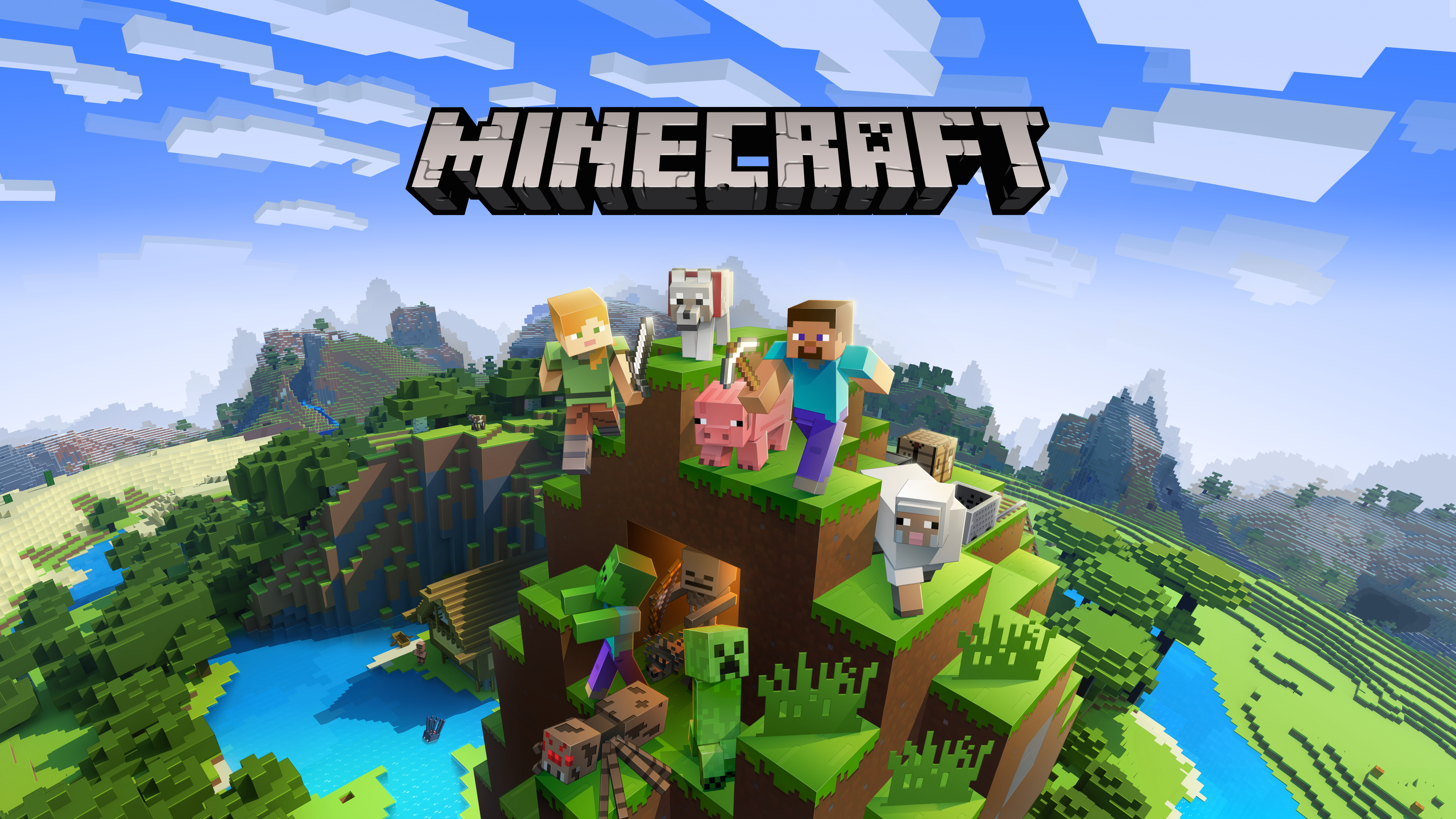
All the latest news, reviews, and guides for Windows and Xbox diehards.
You are now subscribed
Your newsletter sign-up was successful
What you need to know
- Minecraft is one of the most popular and successful games of all time, with over 238 million copies sold worldwide.
- Minecraft's Survival mode campaign infamously ends with the End Poem, authored by Julian Gough.
- In a new post, Gough has revealed that he never signed over the rights to the End Poem to Mojang Studios or Microsoft.
- After years of consideration, Gough is now releasing the End Poem into public domain for anyone to use or quote as they wish.
It'd be nigh impossible to discover a sociable human being that hasn't, at some point, at least heard of the global gaming phenomenon that is Minecraft. The legendary survival crafting game has sold over 238 million copies worldwide, and millions of those dedicated players have bore witness to the End Poem, Minecraft's narrative end after defeating the terrifying Ender Dragon final boss. Now, it seems that anyone is free to use or consume the End Poem as they wish.
According to Julian Gough, who originally authored the End Poem near months before Minecraft's final release in Nov. 2011, no contract was ever actually signed that gave Mojang Studios full rights to the End Poem. When Mojang Studios was acquired by Microsoft in 2014 for a staggering $2.5 billion, the oft-forgotten contract that would've forfeited all of Gough's rights to the End Poem remained unsigned. After years of consideration and the unstoppable progression of life, Gough has deigned to release the End Poem into public domain.
So, eleven-and-a-bit years ago, I wrote the only written narrative in Minecraft: the story that appears after you kill the Ender Dragon. (A narrative which players often call The End Poem.)Today, I officially librated that ending.Er, what does that mean?🧵December 7, 2022
Keep reading to hear the summarized version recapping the events that led to this decision, and what it means now that anyone can use the End Poem however they want.
Minecraft, the End Poem, and a contract
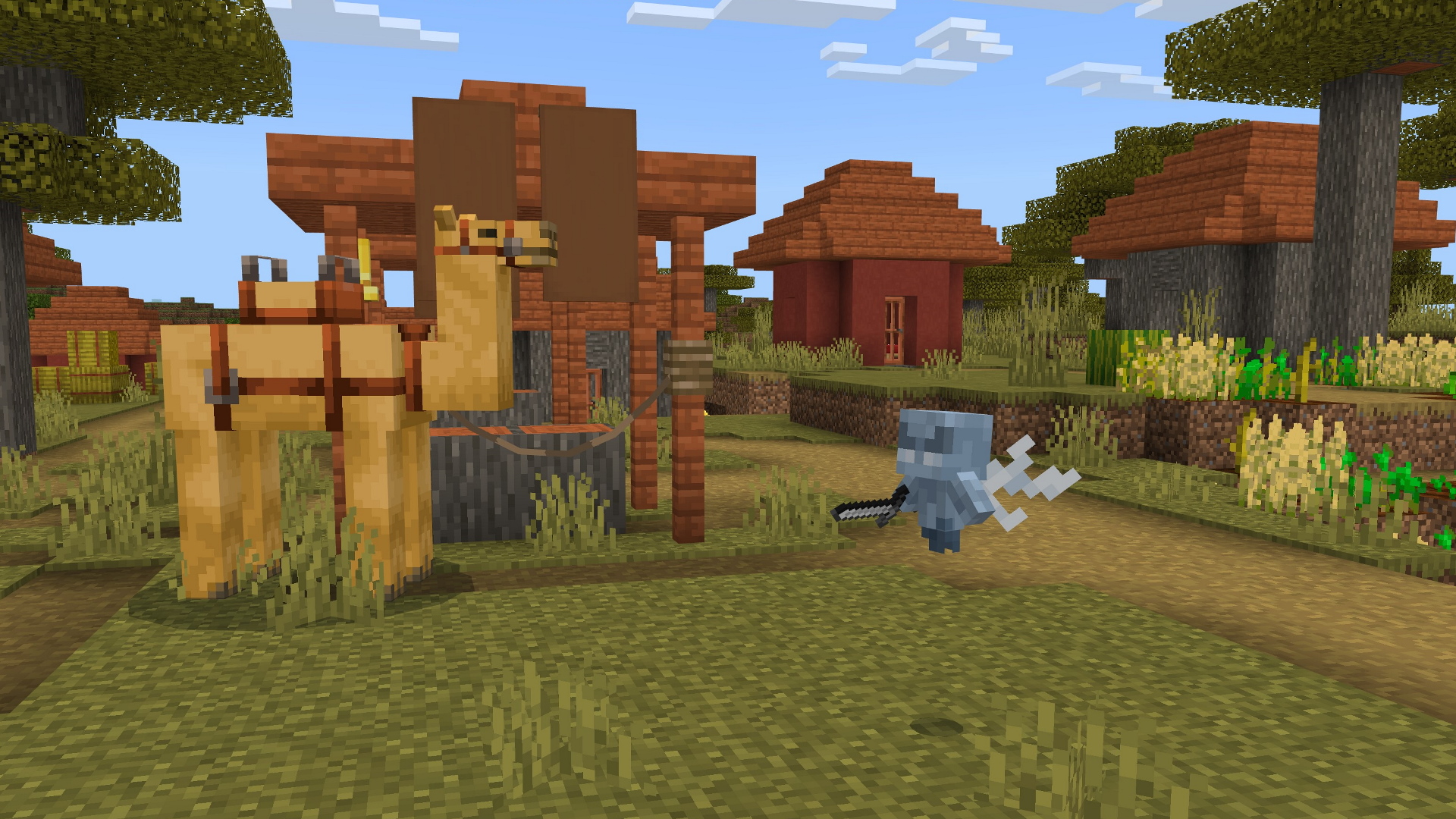
So how did this happen? In 2011, co-founder of Mojang Studios and creator of Minecraft, Markus Alexej Persson — more famously known as Notch — was scrambling to find a writer to craft a narrative ending to Minecraft before its imminent final release. Gough and Persson had already met in the past, apparently, and Persson was immediately struck by Gough's unique writing style. Before long, Gough was onboard to write a fitting conclusion to Minecraft's epic. Unfortunately, what started as a casual transaction between friends was soon muddied by persistent miscommunication and the inevitable legal realities of capitalism.
Persson referred Gough to Carl Manneh, the then-CEO of Mojang Studios, to negotiate payment for the already-approved End Poem, only weeks before the game's release. At the time, however, Gough elected not to turn to his agent for the negotiations and attempted to confer with Manneh as he had been with Persson.
"But this is where things went wrong," Gough wrote, "because I was so thoroughly in art mode, making art with Markus, that I didn’t change gear when talking to Carl. I felt we were all friends, making art, and that the point of the conversation with Carl was to, as friends, work out what was fair. Not negotiate ruthlessly; work out what was fair."
It soon became clear, however, that this was not the right approach to negotiating a fair compensation for authoring Minecraft's End Poem. "Carl was indeed Markus’s friend, but that didn’t automatically make him my friend," Gough stated. "Carl was there to negotiate the best outcome for Mojang’s shareholders, who happened to be three people; Markus; his friend (and Mojang co-founder) Jakob Porsér; and Mojang’s CEO, who happened to be… Carl."
All the latest news, reviews, and guides for Windows and Xbox diehards.
Miscommunication between Gough and Manneh continued to sour negotiations, until Manneh eventually threatened to drop Gough and his End Poem entirely if an initial agreement wasn't met. In haste, Gough agreed to a lump sum of €20,000, a vague promise to promote Gough's other work to the Minecraft community, and a nonexistent contract that Gough did not get a chance to review — let alone sign — before Minecraft had already released and was in the hands of many millions of players.
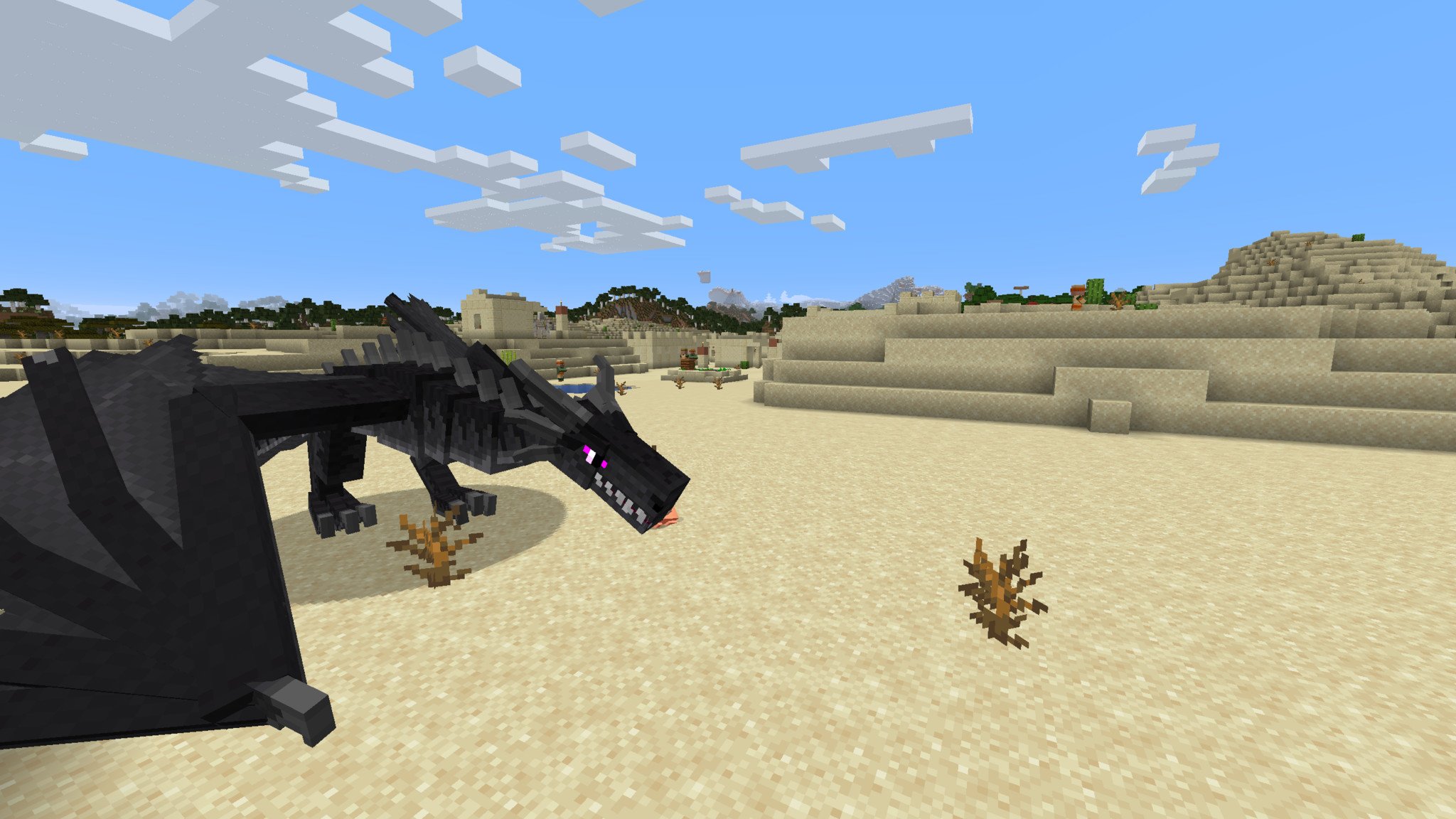
By the time Gough received the contract for his work on the End Poem, it was already late December and Minecraft had exploded in popularity. "...the game was already out over a month, with my ending, and I felt completely railroaded," Gough wrote. "How could I give meaningful consent to a contract I didn’t even get a chance to see before they’d used my story?"
So, the contract went unsigned, Gough resumed his other work, and Mojang Studios remained busy with the launch of Minecraft and its immense success. Of course, Gough's frustration at the entire situation persisted throughout this period, especially as Persson and other Mojang Studios shareholders massively profited from Minecraft's undeniable triumph. In the end, Gough decided not to pursue confrontation, however, as he was happy to let millions of players enjoy his creation through the medium of Minecraft.
Matters were quiet until Aug. 2014, when Manneh reached out to Gough with an intent to tie up loose ends and get the original contract from 2011 signed. It was then that Gough finally read the contract, only to discover that Mojang Studios' contract would give the studio complete and utter control over Gough's writing into perpetuity, complete with a non-disclosure agreement (NDA) that would prevent Gough from discussing the contract or its contents. Unfortunately, this kind of attempt to completely wrest control of copyrighted properties from artists and creators is rampant among capitalist companies, and Gough was understandably dismayed.
"It was worse than I’d even imagined. It was horrible," stated Gough. "The contract was for a comprehensive buyout, signing away all my rights forever, which was exactly the thing I’d told Carl (in 2011) that I never did with my work." Gough wondered at the timing of Manneh's communication, until a leak revealed that Microsoft was acquiring Mojang Studios in its entirety. It was necessary for Mojang Studios to ensure that all of its paperwork was aligned and that it properly owned everything used in Minecraft, and Gough's End Poem was a sore loose end for the three shareholders set to profit from the deal.
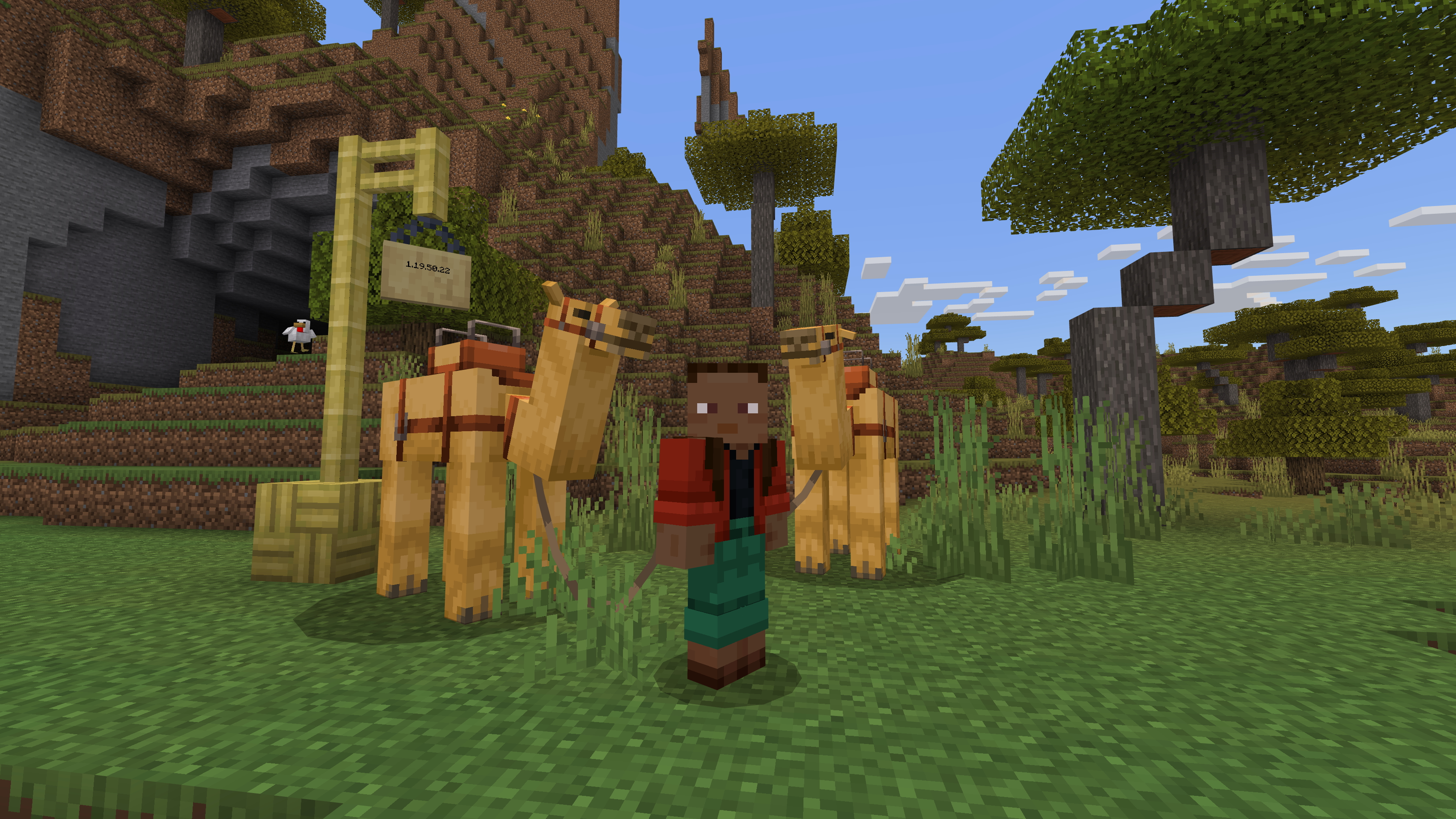
The revelation that Mojang Studios was in the process of being bought out by mega-corporation Microsoft — and that Manneh had hidden that fact while pursuing the signing of what Gough believed to be an entirely unreasonable contract — once again escalated communications. This continued until Manneh suddenly revealed that their original chain of emails, in which Gough and Manneh haphazardly negotiated rudimentary terms, was sufficient for Microsoft's acquisition. Thus, the contract was never signed.
Gough goes into far more detail into his post, which you can read in its entirety for free, but suffice to say that the eight years following that bizarre confrontation saw Gough live his life to the best of his ability. During this time, Persson became a verifiable billionaire and adopted a controversial reputation — leading to his removal from Minecraft. Mojang Studios continued to expand as a company, Minecraft sold many millions of more copies, and the franchise evolved into a bustling empire of games, media, toys and gifts, and much more.
To this day, Minecraft continues to be one of the best games on Xbox and every other gaming platform imaginable. It enjoys regular updates and DLC collaborations, including with other legendary franchises like Avatar: The Last Airbender. New updates for Minecraft are always in the works, and even entirely new games like Minecraft Dungeons and the upcoming Minecraft Legends expand the universe in new and unique ways.
Eight years passed, and it's now that Gough has revealed the details of this incredible, confusing, and complicated story. The conclusion of which is that the End Poem was never owned by Mojang Studios or Minecraft, and has been included in Minecraft for all this time as part of a casual, uncontracted, extended loan. Rather than pursue a legal confrontation with Microsoft in exchange for compensation, however, Gough has elected to share the End Poem with the world.
"...the core of the whole complicated, multi-year problem was so clear to me, I could say it in a line: I wrote a story for a friend, but in the end, he didn't treat me like a friend, and I'm hurt," Gough stated in his post.
The universe said 'I love you' because you are love
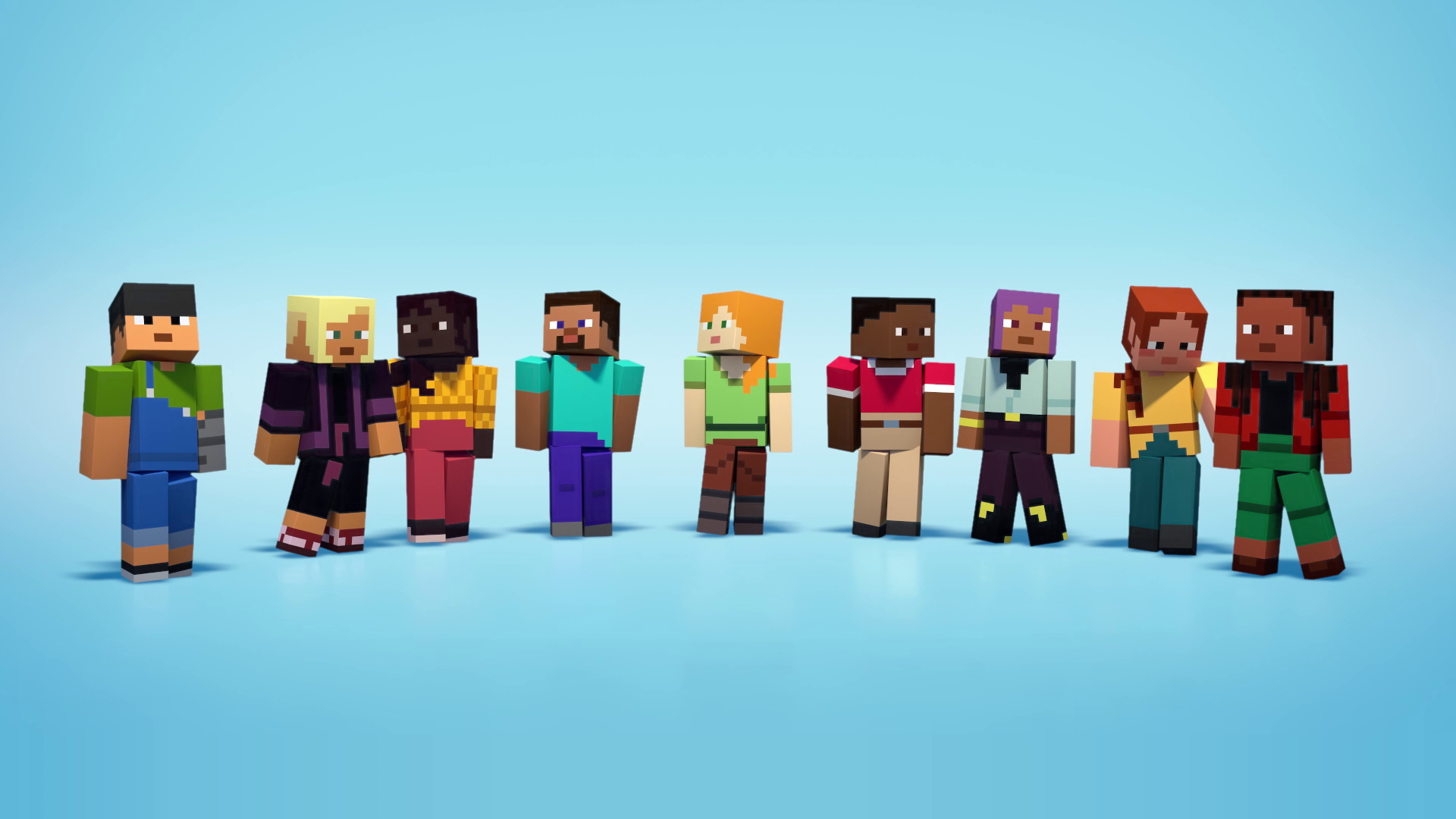
Over a decade after the End Poem was written, Gough realized that his years-long frustration over the entire situation was never about money — it was about rampant miscommunication and feeling betrayed by a friend. It felt only right to abandon half-hearted desires to confront Microsoft for compensation, and instead gift the End Poem to any Minecraft fan that wants to use it; be it in music, animations, merch, art, tattoos, or anything else, the words of Minecraft's End Poem are not restricted by copyright.
"From today on, you can play with it, whether privately or in public, and nobody can stop you... The universe wrote that ending, and the universe owns it," Gough said. "Which is to say both that nobody owns it, and we all own it. Which is to say, it lives outside of that way of looking at art."
The End Poem is now protected under a Creative Commons license, making it simple for anyone to take, use, edit, and even profit from any part of the End Poem. Even if Microsoft or Mojang Studios should reach out to someone regarding their use of the End Poem, Gough is the rightful copyright holder — and he has given his permission to the entire world to use it. People are free to quote it, create art with it, and even to make bundles of money from it.
Gough has made it clear, though, that he wishes for no one to confront, go after, or in any way abuse or blame Persson, Manneh, or anyone else involved in the situation for what happened. "They were simply obeying the rules of capitalism, the rules so many of us have internalized as though they are natural law, and were trying to maximize their economic return — which is a perfectly valid game to play." It was a perpetually messy situation that stretched over years, and it's only that unique stream of circumstances that led to the End Poem being available to all for use.
Instead, Gough wants everyone to focus on the gift that is the End Poem, and all the possibilities that have now been opened thanks to its public domain status. To Microsoft, he said, "Let me give you a gift. My gift to you is the story you took: The End Poem. Your gift to me is the continued worldwide distribution of that story. Reciprocal gift exchange; we are quits. Just keep sharing my story with the world."
To us all, Gough wrote, "I'm free to give it away, and to tell you I’ve given it away. I think that's what the universe wants. Let a thousand flowers bloom."
Julian Gough has a website detailing his work, while his post referenced above includes ways to support Gough if you wish. You can also find a copy of the Creative Commons license and the entire End Poem.
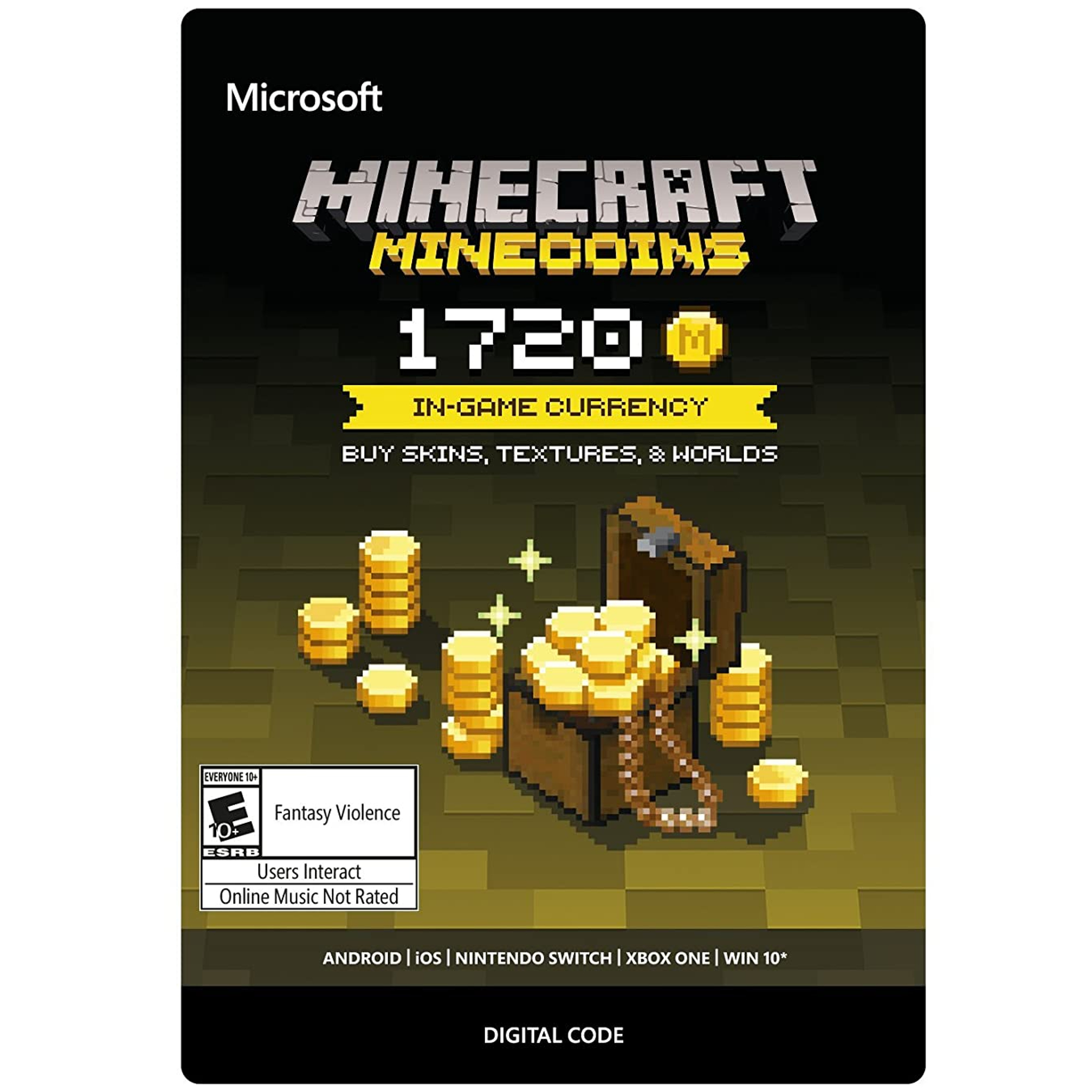
Minecraft Minecoins is the currency of choice for the Minecraft Marketplace, which includes hundreds of professional and user-created content, such as adventure DLCs, maps, texture packs, skins, and much more.
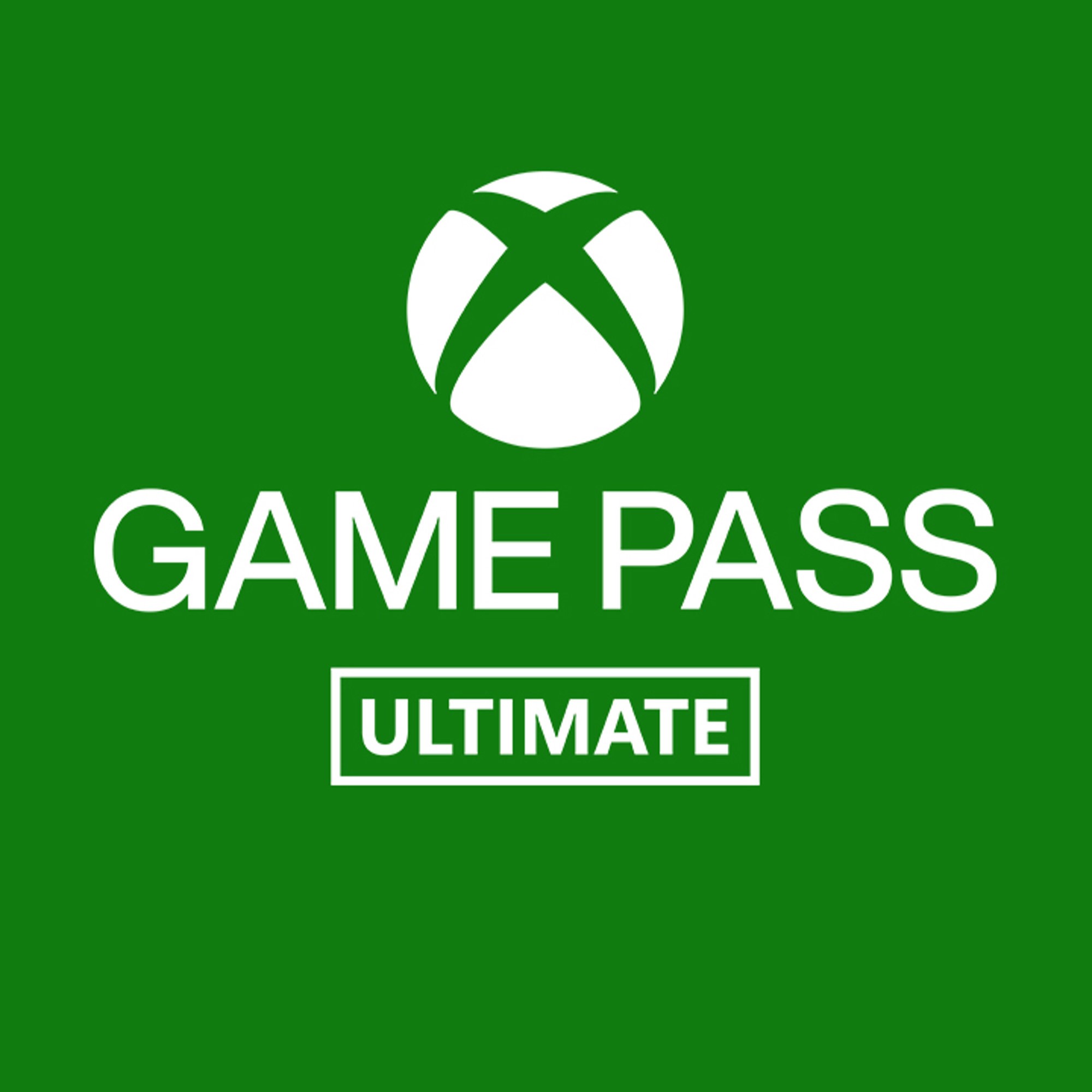
Minecraft is included in Xbox Game Pass Ultimate on Xbox and Windows PCs, making Microsoft's flagship, value-driven gaming subscription the best place to experience Minecraft's latest and greatest updates.
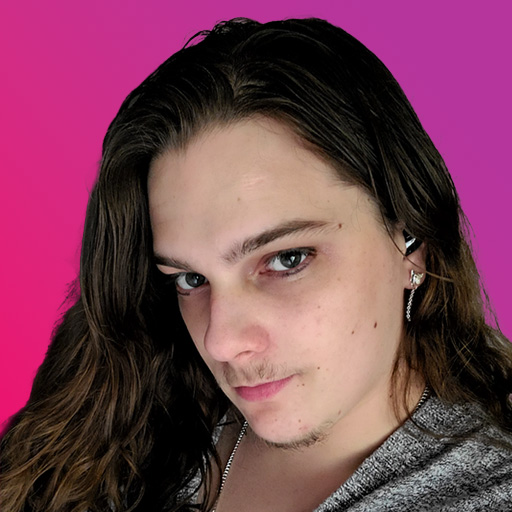
Zachary Boddy (They / Them) is a Staff Writer for Windows Central, primarily focused on covering the latest news in tech and gaming, the best Xbox and PC games, and the most interesting Windows and Xbox hardware. They have been gaming and writing for most of their life starting with the original Xbox, and started out as a freelancer for Windows Central and its sister sites in 2019. Now a full-fledged Staff Writer, Zachary has expanded from only writing about all things Minecraft to covering practically everything on which Windows Central is an expert, especially when it comes to Microsoft.
